
The Hidden Will: How I Outsmarted My Mother-in-Law’s Plot

The day my father-in-law passed away, the house fell into a silence that felt heavier than grief. He was the only one in the family who treated me with genuine kindness, the only one who seemed to truly see me. My husband was always distant, too absorbed in his job, and his mother had never welcomed me warmly. She smiled when others were around, but whenever it was just the two of us, her eyes held cold calculation. I always felt like a guest living in their home, waiting for permission to exist.
After the funeral, my mother-in-law began acting strangely. She was always whispering with her lawyer, guarding documents, keeping everyone away from her study. One night, I overheard her mutter, “Everything will be transferred to me. That girl won’t get a single cent.” The way she said that girl—like I was nothing but a nuisance—sent a chill down my spine. I realized there was more going on than just grief. She was planning something.
Days passed, and rumors spread about a will. But she insisted there wasn’t one. She told the relatives, “He left everything to us verbally. There was no will. And I’ll manage the assets with fairness.” But fairness from her was like warmth from ice—impossible.
It wasn’t greed that bothered me—it was the injustice. My father-in-law always said he wanted his assets divided equally. He had even once mentioned writing down his wishes. I wasn’t after the money. What I wanted was the truth. And I felt deep inside that there was a will. It was just being hidden carefully.
While she kept legal papers locked away, I tried to act normal. I still prepared meals, still greeted her politely. But my eyes watched carefully. I noticed a room she always locked twice, checked every night. Inside that room was a wooden cabinet that once belonged to my father-in-law. He loved that cabinet. He cleaned it every Sunday morning himself. Why was it under her control now?
While pretending to dust one day, I discovered something—the cabinet had two keyholes. One was visible… but the other was tiny, placed under the brass hinge. Almost unnoticeable. I remembered a story he once told: “A lawyer friend of mine said a good will needs a good hiding place.” At the time, I laughed, thinking it was just a joke. But now it felt like a message he had left for me.
I needed to find that key. And strangely, I already knew where it might be: in his old coat, the one still hanging in the closet. My mother-in-law tried to throw it away once, but I convinced her that we should keep it. Maybe destiny listened that day.
Late at night, when everyone slept, I quietly went to the closet and reached into the coat pocket. I didn’t find a key. But I found something else—a folded note, written in his handwriting:
“Not everything is where it seems. Protect what is right.”
My heart pounded. I knew this was no coincidence. That note was a direction, a warning, a trust. I searched more carefully—and finally, stitched into the inner seam, I found a small golden key.
Morning came. I waited until my mother-in-law went to the market. My hands trembled as I unlocked the cabinet’s hidden keyhole. The door clicked open silently—and inside, taped underneath the drawer, was a sealed envelope with my father-in-law’s signature. The will.
I didn’t open it. That would be illegal. Instead, I filmed a video: from the moment I unlocked it to the moment I sealed it again. Every detail recorded. I then called a lawyer not related to the family and showed him everything. He confirmed it: the will was authentic. It had legal power. And most importantly—my mother-in-law had been hiding it deliberately. That was a crime.
Court proceedings began soon after. She denied everything, claiming she had never seen that will. But when my video played in court and the lawyer testified, her confidence cracked. She turned toward me, eyes blazing with disbelief—like she couldn’t understand how I had outsmarted her.
The will stated clearly:
The assets were to be divided equally between his son and me.
But there was an additional line, written in his own careful handwriting:
“To my daughter-in-law, who has shown me quiet strength and kindness, I leave the painting collection. May she never forget her worth.”
Tears filled my eyes. Those paintings were worth a fortune—but to me, they meant more than money. They meant that someone believed in me when others chose to ignore me.
When court ended, she approached me and hissed, “You think you’ve won?”
I looked at her calmly. “I didn’t win anything. I simply protected what was right.”
My husband finally saw the truth about his mother. Our relationship, which once felt hollow, began to heal slowly. Respect replaced indifference. He said one night, “I wish I had seen what my father saw in you sooner.” And for the first time in years, I believed there was a future for us—not in wealth, but in understanding.
Now the cabinet remains in my home. Whenever I open it, I feel his presence. He didn’t just hide a will—he left a path, a quiet invitation to stand up for myself. And that was the greatest inheritance of all.
Because sometimes justice doesn’t shout.
Sometimes it whispers—
through a hidden key, a folded note, and the courage to do what’s right.
News in the same category


I Found Old Letters in Our Attic—And They Were Addressed to Me… from 10 Years Before I Was Born

The New Neighbor Called Me by My Childhood Nickname—But I’ve Never Met Him Before

Dad Snaps A Photo Of His Daughter In Front Of Giant Horse, Looks Closer And Can’t Stop Laughing

A Woman Found Out Her Husband Was Cheating

Elena remembered that she had forgotten her money, returned home, and saw something that made her unable to forgive her husband
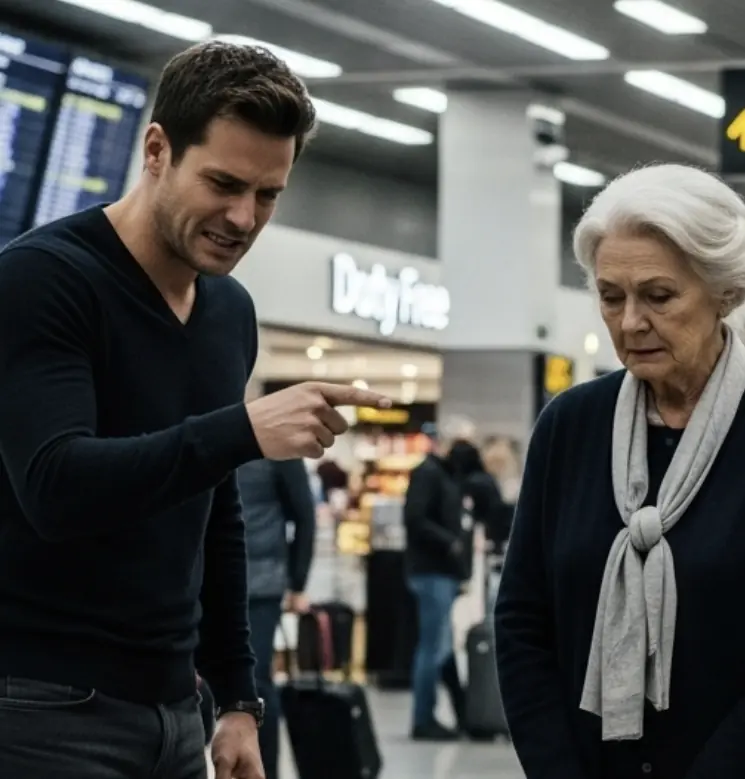
How a Vintage Suitcase Taught My Son About Respect and Humility
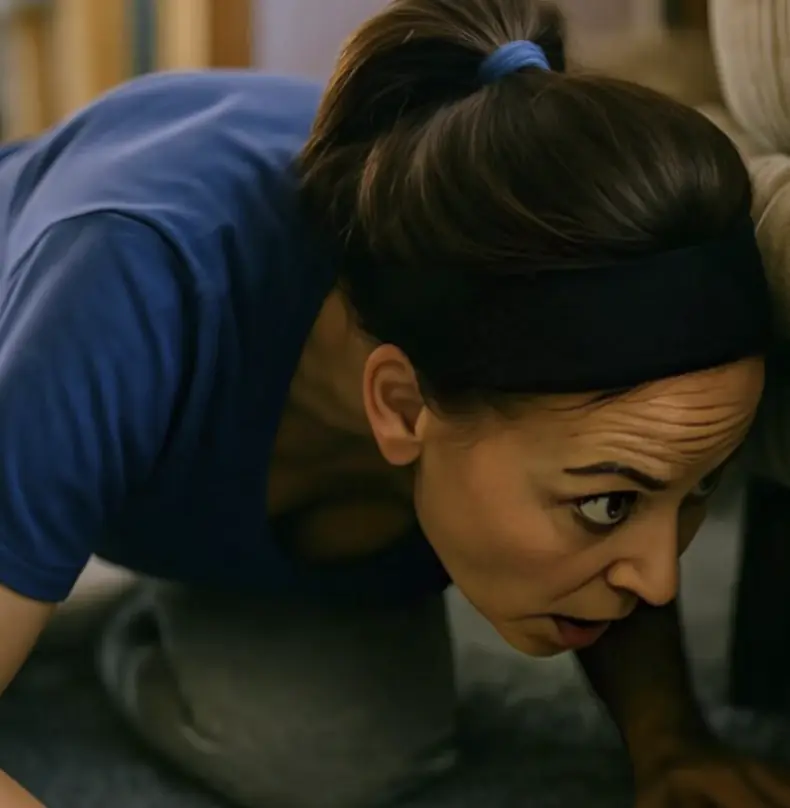
A Hidden Note Reveals the Truth After Our Daughter’s Tragic Passing

How a Loyal Dog Unveiled a Deadly Conspiracy in a Texas Death Row Case

“What time are you meeting your mistress today?” the wife asked her husband
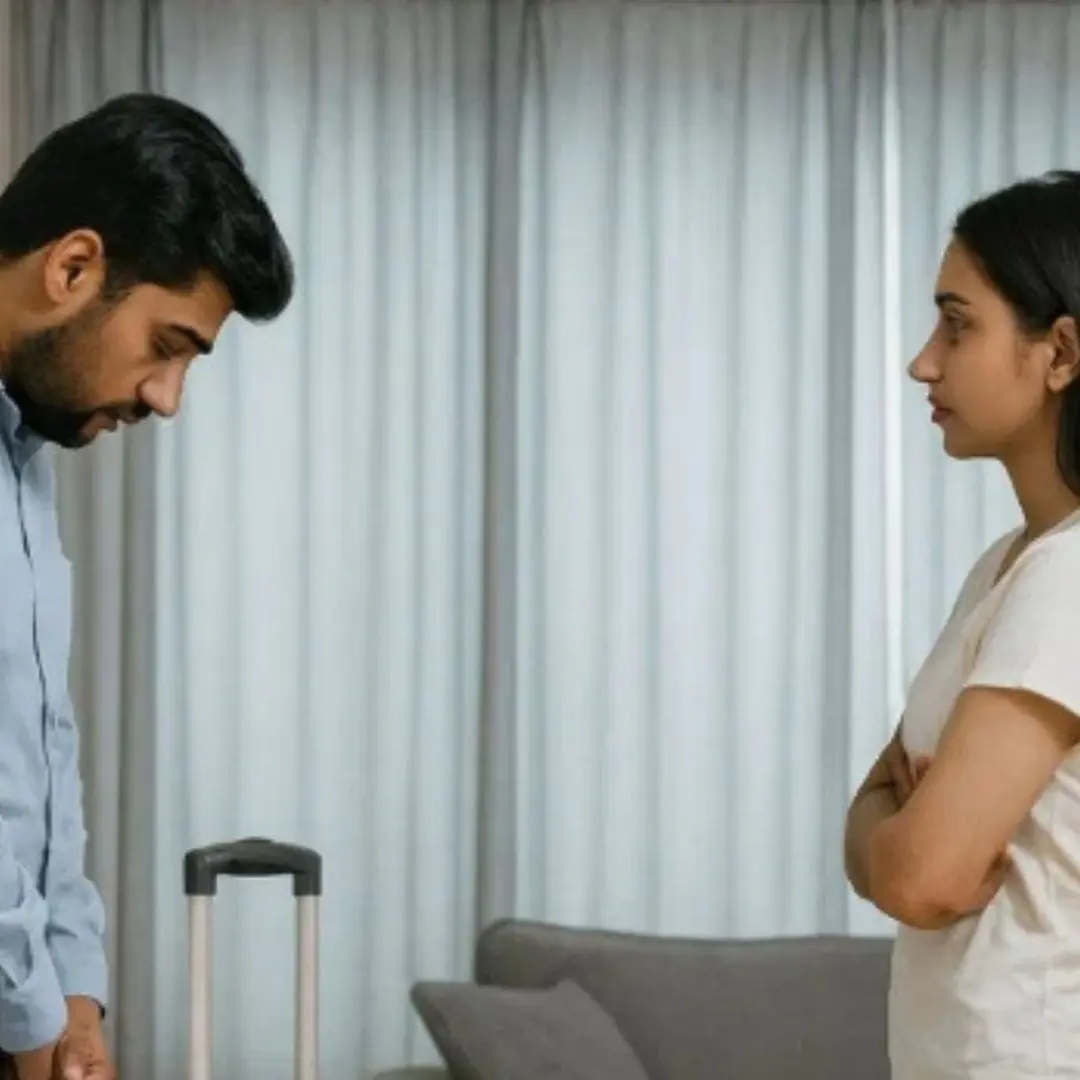
My husband secretly went on a 15-day trip with his “best friend.” When he returned, I asked him a single question that paralyzed him

At Her Son’s Wedding, the Maid Was Humiliated — Until the Bride’s Father Spoke the Truth…

I hid the truth about my business and income from my fiancé and his family, and at a family dinner they found out the truth

The father gave his sick daughter a dog. When the girl passed away, the dog ran away, and the father was willing to do anything to find it

An orphan who grew up in an orphanage got a job as a waitress in a prestigious restaurant. But after she accidentally spilled soup on a wealthy customer, her fate changed drastically

My Sister Slapped My Daughter for Being ‘Too Noisy’ and My Parents Laughed
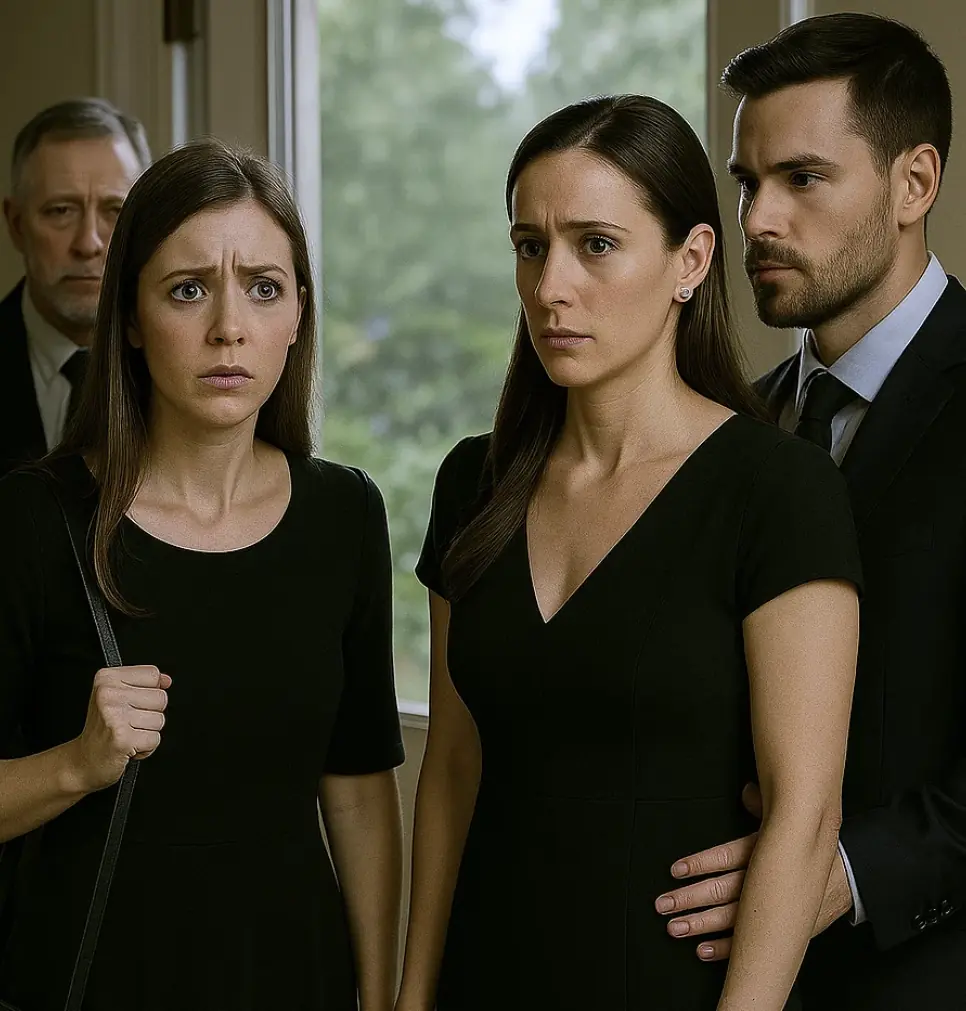
My Sister Took My Millionaire Fiancé, But Fate Reunited Us at Mom’s Funeral
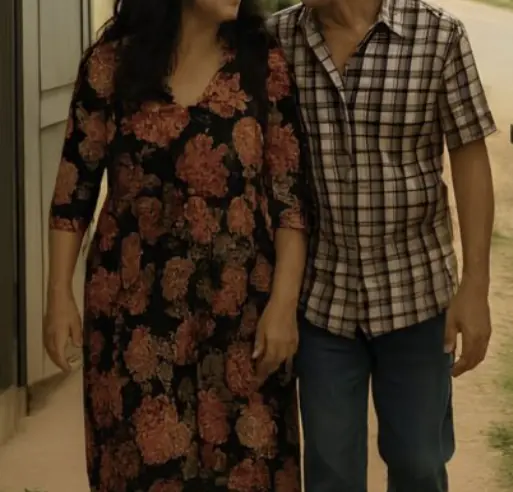
My Father’s 65th Year and the Truth Behind His Secret
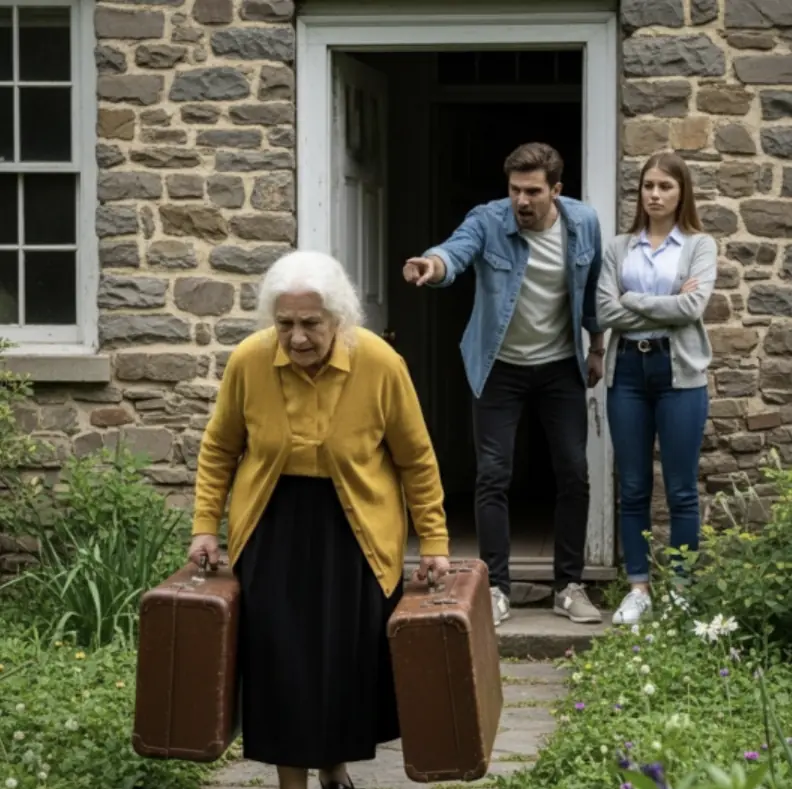
The Shocking Discovery of a $100 Million Fortune After Evicting Her Adoptive Mother
News Post

Celebrate your birthday without me, but my relatives will come, so set the table,” my husband told me
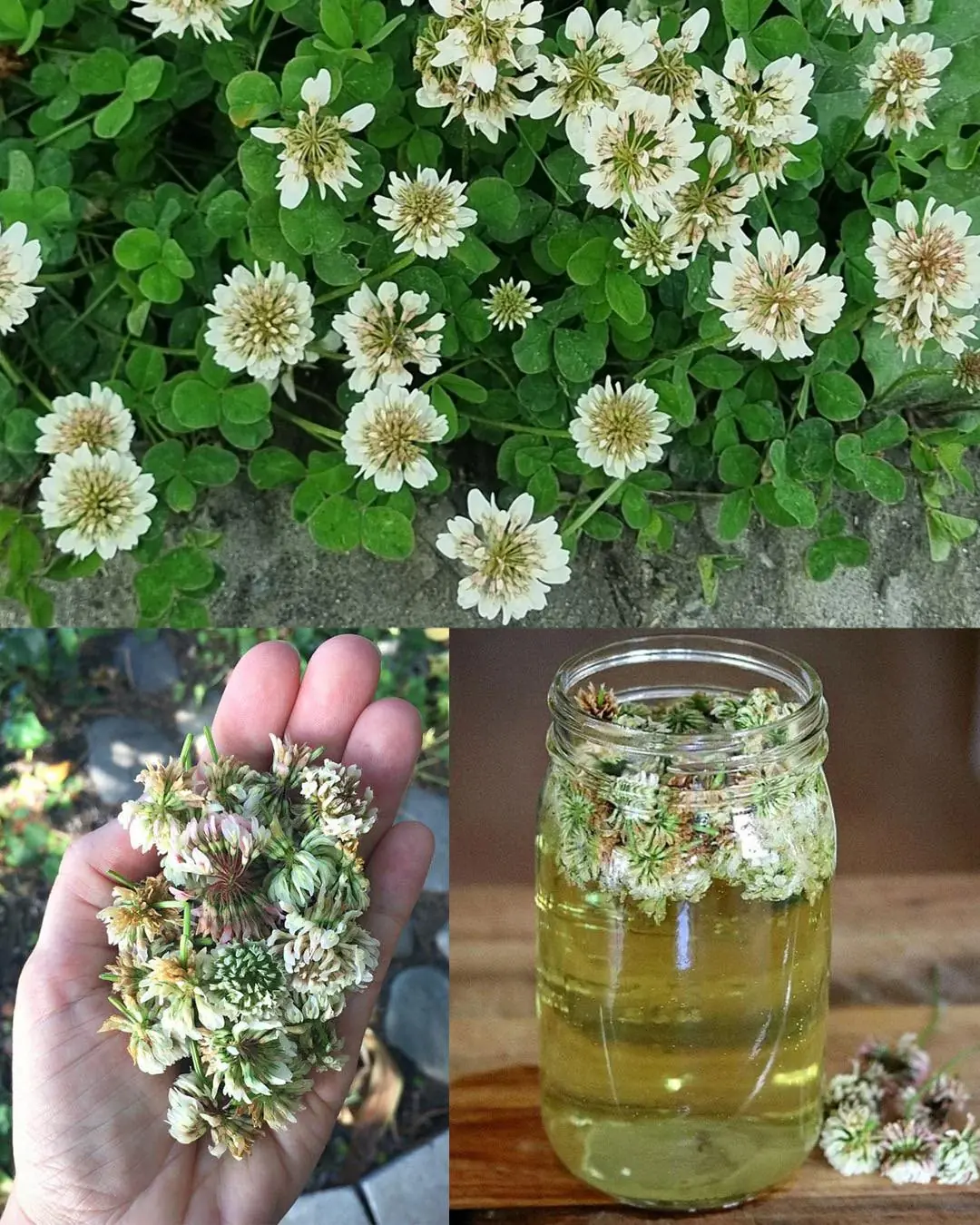
White Clover (Trifolium repens): 15 Benefits and Homemade Uses

Classic Wiener Schnitzel

Pink Cream & Jelly Mochi

Strawberry Milkshake with Whipped Cream

Mini Caramel Apple Pies

Avocado Egg Salad Bowl

Strawberry Ricotta Toast

Thai Gaeng Som with Shrimp & Cha-Om Omelette

I Found Old Letters in Our Attic—And They Were Addressed to Me… from 10 Years Before I Was Born

The New Neighbor Called Me by My Childhood Nickname—But I’ve Never Met Him Before

Dad Snaps A Photo Of His Daughter In Front Of Giant Horse, Looks Closer And Can’t Stop Laughing

A Woman Found Out Her Husband Was Cheating

Elena remembered that she had forgotten her money, returned home, and saw something that made her unable to forgive her husband

How a Vintage Suitcase Taught My Son About Respect and Humility

A Hidden Note Reveals the Truth After Our Daughter’s Tragic Passing

How a Loyal Dog Unveiled a Deadly Conspiracy in a Texas Death Row Case

“What time are you meeting your mistress today?” the wife asked her husband
